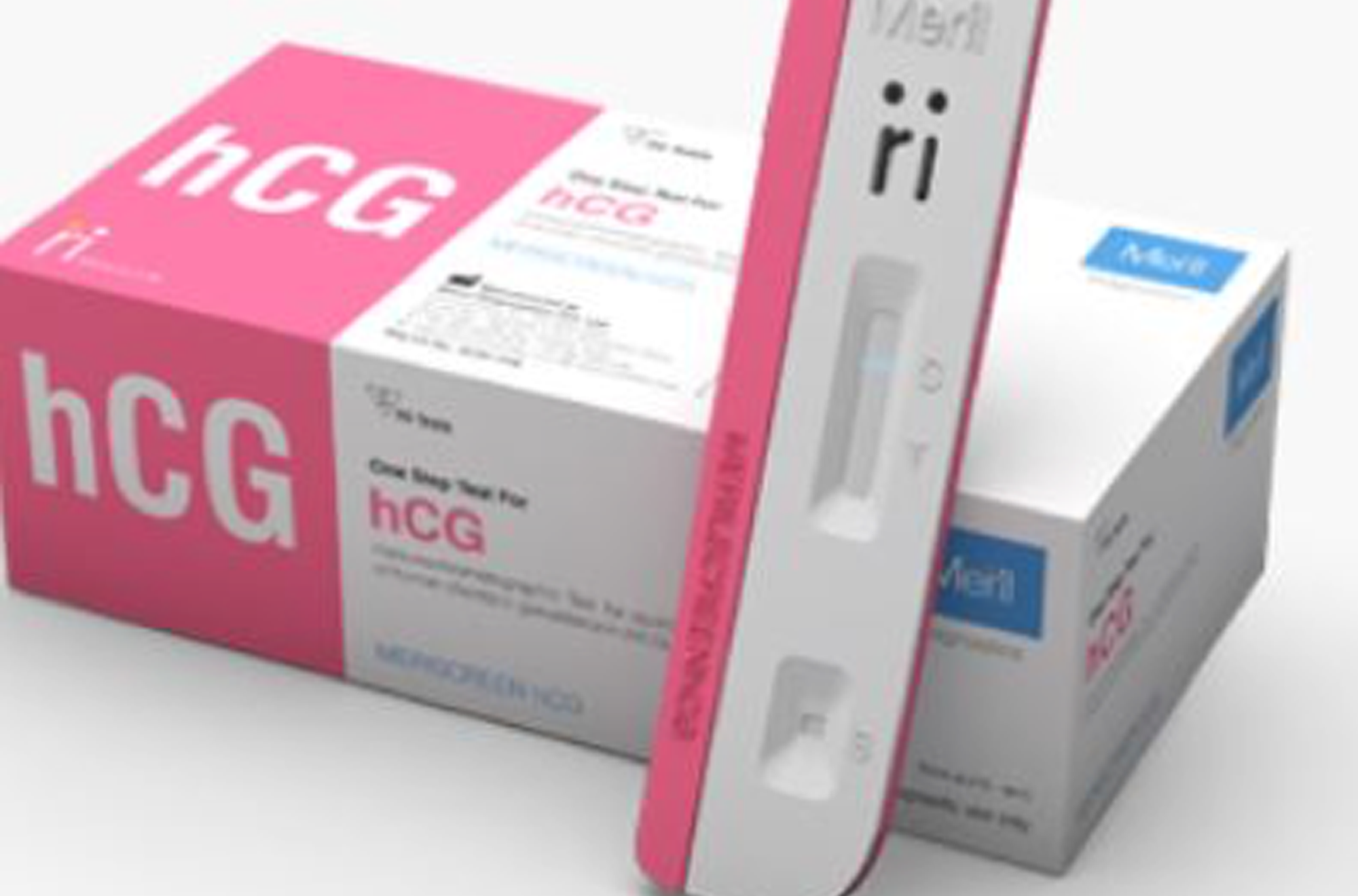
by Deborah Constant, Sofia Lopes, Daniel Grossman
BMJ Sexual and Reproductive Health, 9 May 2021 (Not open access)
Abstract
Introduction – We explored whether routine pregnancy self-testing is feasible and acceptable to women at risk of late recognition of pregnancy as a strategy to facilitate early entry into either antenatal or abortion care.
Methods – A feasibility study among South African sexually active women not desiring pregnancy within one year, and not using long-acting or injectable contraceptives. At recruitment, we provided five free urine pregnancy tests for self-testing on the first day of each of the next 3 months. We sent monthly text reminders to use the tests with requests for no-cost text replies. Our main outcome was the proportion of participants self-testing within 5 days of the text reminder over three consecutive months. Other outcomes were ease of use of tests, preference for self-testing versus clinic testing, acceptability of routine self-testing (all binary responses followed by open response options) and response to text messages (four-point Likert scale).
Results – We followed up 71/76 (93%) participants. Two confirmed new pregnancies at the first scheduled test and completed exit interviews, and 64/69 (93%) self-reported completing all three monthly tests. Self-testing was easy to do (66/71, 93%); advantages were convenience (21/71, 30%) and privacy (18/71, 25%), while the main disadvantage was no nurse present to advise (17/71, 24%). Most would recommend monthly testing (70/71, 99%). Text reminders were generally not bothersome (57/71, 80%); 35/69 (51%) participants replied with test results over all three months.
Conclusion – Providing free pregnancy tests to women at risk of late recognition of pregnancy is
feasible to strengthen early confirmation of pregnancy status.



